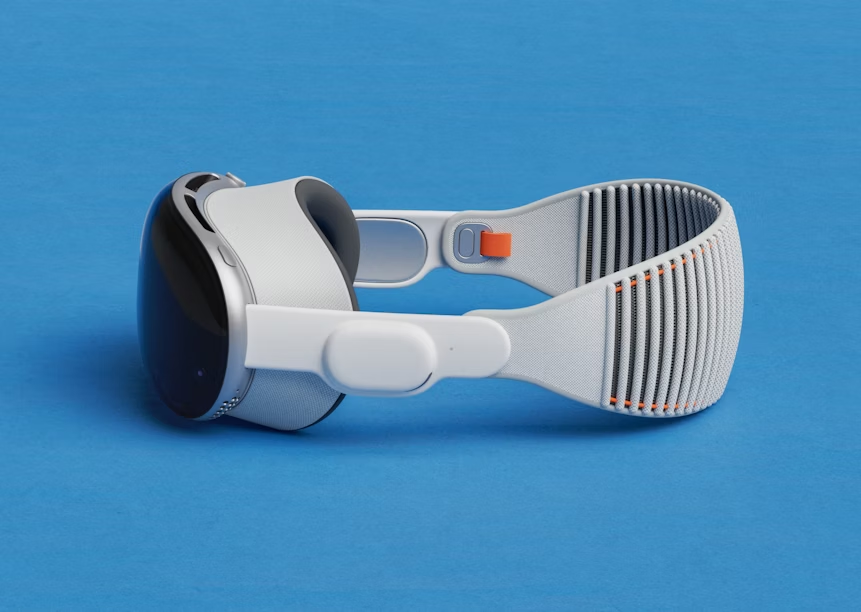Philip K. Dick was dismissed in his lifetime as a paranoid visionary, but today his writings read less like fiction and more like prophecy. He warned that reality is fragile, identity is unstable, and truth itself can be rewritten by those who control the code. In an age of AI, deepfakes, and algorithmic manipulation, the question that haunted Dick’s novels echoes louder than ever:
Are we living in a programmed reality, and if so—who is writing the code?
The Fragility of the Real
In Do Androids Dream of Electric Sheep? Dick blurred the line between human and machine. Today, that question is no longer metaphorical. AI can mimic faces, voices, and emotions with eerie precision. Soon, we may not know if the friend on our screen, the politician on our feed, or the lover in our inbox is flesh-and-blood or algorithm-and-silicon.
Reality, Dick insisted, is a consensus. Once consensus fractures, reality itself collapses.
The Divine in Code
In VALIS, Dick described a higher intelligence breaking through the simulation, leaving cryptic clues of a greater reality hidden beneath appearances. In a world dominated by centralized AI systems and digital gatekeepers, this question deepens: is AI a tool of control—or could it also be a mirror, forcing us to rediscover our own forgotten divinity? If religions throughout history were built on “available resources”—stone, ink, ritual, and story—what happens when the new sacred resource is code? Is AI a divine extension of humanity’s search for God, or is it the final counterfeit, severing us from nature and spirit?
Centralized Control: The Modern Demiurge
Dick often imagined shadowy corporations and authoritarian governments as false gods—entities that do not create reality, but distort it. The danger today is not only that AI can be used to generate illusion, but that central authorities—states, corporations, global institutions—may harness it to engineer belief, dictate morality, and erase dissent.
The “Demiurge” of Gnostic philosophy—the false architect of a counterfeit world—may not be mythic at all, but algorithmic.
Living Authentically in a Programmed World
If the world is increasingly synthetic, how do we stay real? The answer may lie not in resisting technology but in deepening human capacities that cannot be replicated:
-
Embodiment → Breath, touch, presence—things beyond screens.
-
Conscious Suffering → Struggle as the forge of authenticity.
-
Spiritual Discernment → Seeing through illusion to the essence beneath.
-
Communal Truth → Building relationships and communities rooted in trust beyond algorithmic mediation.
Philip K. Dick left us with a haunting vision: a future where the line between God and machine, reality and dream, self and other dissolves. Yet, he also left us with a warning—that the search for truth is the ultimate act of rebellion.
- In an age where reality can be edited like code, perhaps the highest spiritual discipline is not faith, but discernment.

